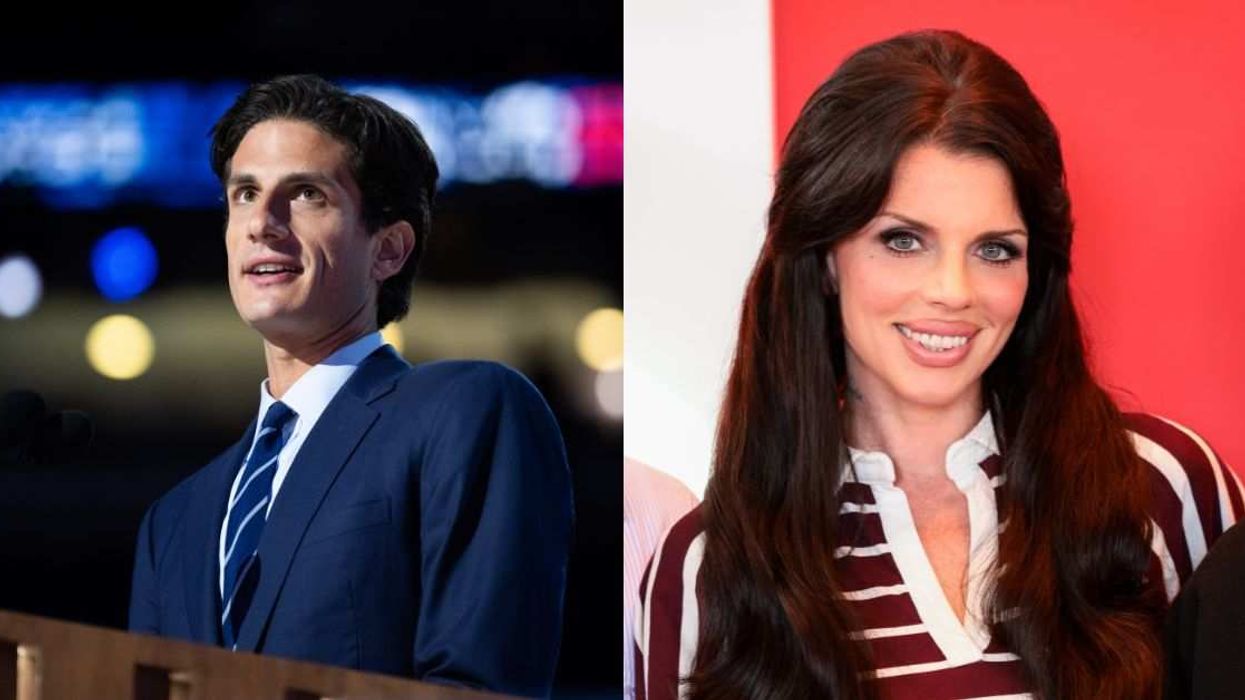Attorney General Merrick Garland announced on Friday, November 18 he was, at long last, appointing a special counsel, John “Jack” Smith, to helm the ongoing investigations into Trump’s criminal behavior.
Smith will now oversee the probe into the coup attempt and insurrection at the Capitol and the apparent theft of government documents by Trump, including highly sensitive, classified material recovered from Mar-a-Lago.
Upon the news of the appointment, there were howls of protest, both from the left and the right, but more measured responses from legal observers who, though sometimes begrudgingly, admitted this was the correct move, if a bit late under the circumstances.
I won’t address the gripes from the right, other than to say they predictably and incorrectly have labeled Smith a partisan hack Democrat (he is none of these things); the former President personally thinks the appointment is unfair because Trump considers himself “one of the most honest and innocent people ever in our country;” and Georgia Republican Representative Marjorie Taylor Greene believes, in ALL CAPS no less, Congress should impeach Merrick Garland.
But the chief concerns—and assurances—from legal analysts are worth reviewing in greater depth. Here are four of the most common criticisms I have seen since the announcement and some responses to them.
Isn’t This Just Political Cowardice by Garland?
Critics often omit there are actual written guidelines on whether to appoint a special counsel, laid out in a specific federal regulation.
Garland, as an institutionalist, was keen to follow those guidelines, knowing the decision was of great historical importance and would be scrutinized by future Justice Department heads.
Those regulations state the AG will appoint a special counsel when a criminal investigation of someone is warranted and:
"(a) That investigation or prosecution of that person…would present a conflict of interest for the Department or other extraordinary circumstances; and"
"(b) That under the circumstances, it would be in the public interest to appoint an outside Special Counsel to assume responsibility for the matter."
Stepping back from our impatience to see justice done swiftly, the two conditions for appointment of a special counsel appear clear.
In his press conference, Garland noted the extraordinary circumstances that our country has never before experienced: A President, who appointed the Attorney General currently prosecuting a case against a potential criminal defendant, was just formally challenged for the presidency by that very potential defendant, who is currently favored to win his party’s nomination.
If that isn’t extraordinary, and an appointment of a special counsel isn’t in the public interest, it’s hard to imagine what would qualify.
Although Garland did not discuss this publicly, there are also huge potential conflicts of interest, not only in the perceived bias against Trump from a political appointee of the Biden administration, but also because Trump’s case could last more than two years as it makes its way through appeals, presumably all the way up to the Supreme Court.
If Trump were to win the presidency during that time, for example, he could fire Garland on day one and replace him with a loyalist, and the prosecution might then end quite suddenly. A special counsel makes such a move impossible, or at least far less easy.
There are also possible conflicts of interest, as astutely noted by legal analyst Empty Wheel, with potential fact witnesses to the planning of January 6th. These include Republican Representatives Jim Jordan of Ohio and Scott Perry of Pennsylvania, both of whom will have outsized influence in the new House GOP majority.
Indeed, Jordan is expected to chair the House Judiciary Committee which has jurisdiction over the Department of Justice. Jordan could easily move to try and hamper the investigation through hearings and impeachments should Garland remain in charge.
An independent special counsel is far less vulnerable to such shenanigans.
Seen through this lens of the regulations themselves, Garland did not pass the buck out of some lack of political backbone. Rather, he did what was necessary and proper under the law and Department guidelines.
While the removal of the appearance of conflict and bias will do nothing to satisfy the MAGA base, as critics on the left correctly have observed, this isn’t really relevant if the priority in Garland’s mind must be respect for the legal institution of the Department of Justice.
Other critics understandably disagree sharply with Garland’s decision to uphold legal norms above political realities, given the existential threat to our democracy, and others legitimately question why he waited until now rather than act to appoint one far earlier.
But for a leader like Garland, the reputation of the Department itself is of paramount concern. Demagogues like Trump and their flocks of true believers may come and go. If in response to any of them we simply throw out the rules, we effectively also have thrown in the towel.
For those with a broader view of the stakes and a stronger appreciation for civic norms, this was the right if somewhat painful call to make.
Doesn’t This Signal that the Case Is Weak?
There’s a common misperception that, along with a lack of political will, Garland must think the case isn’t strong or he would be chomping at the bit to prosecute it personally.
In addition to the discussion about abiding by the guidelines set out above, Garland really is not the type to want any glory or accolades for his work. He is known for proceeding by the book and going, as he often says, where the evidence and facts lead him.
As legal commentator Renato Mariotti, himself a former federal prosecutor, pointed out:
“If Merrick Garland didn’t think there was a serious possibility that Trump would be indicted, he wouldn’t have appointed a special counsel."
"He didn’t appoint Jack Smith to wind down these investigations.”
In other words, if the case really were weak, Garland could have simply decided not to prosecute it and shut it down himself with no further comment.
Instead, he passed it to a special counsel, Jack Smith, who is known to be tenacious and rigorous in his work, who headed up the Public Integrity division of the DoJ, who has relevant experience prosecuting for the mishandling of government documents, and whose report will be made public.
Won’t This Just Result in More Delay?
There certainly will be a ramp-up period for Smith, who needs to familiarize himself with the case and the evidence, and that may take some time. On the other hand, there has been no changeover in the teams on the ground pushing the investigations forward, so Smith’s appointment has not resulted in any slowing of their work.
And once he is fully up to speed, Smith likely will be able to move even more quickly than another leader could. This is because his focus will be only upon these two cases involving Trump, rather than the sprawling investigation involving hundreds of defendants and cases now being overseen by U.S. Attorney Matt Graves of the D.C. office.
Moreover, every indication so far is that the cases themselves are still moving forward expeditiously. The grand jury has continued its work, the 11th Circuit has not delayed its hearing, Smith’s team filed an update stating he is up to speed on all the filings and approves of the arguments made by them, and witness deadlines remain unchanged.
For someone who was announced just last week, Smith truly has hit the ground running.
Won’t This Wind Up Just Like the Mueller Investigation?
After the much anticipated Mueller investigation and report failed to result in any criminal indictments for Trump, many rightfully felt dispirited and disenchanted with the whole affair. Mueller’s failure to find a case for Russian collusion, along with his failure to anticipate the sabotage of his work by then Attorney General Bill Barr, left a bitter taste for critics of strict institutionalists and little appetite for more special counsel white knights.
But the case of Mueller, as lawyers like to say, is distinguishable.
He was investigating a sitting President, one who had the power to fire him if he could find cause to do so. Mueller had to move carefully.
There was and remains, moreover, a specific prohibition in the DoJ guidelines against indicting a sitting President. This rule exists in order to remove the possibility that the judicial branch could be deployed as a weapon to harangue and harass the executive branch.
And then there was Mueller’s boss, Bill Barr, who made it his personal mission to poison the investigation report before it was even released to the public, manipulating the narrative to the media and allowing Trump to proclaim, falsely, that he’d been exonerated. In fact, the report laid out quite the case for obstruction but left the ultimate decision whether to charge for Barr to make.
And that ended predictably.
Special Counsel Jack Smith has none of these pressures. The current President, Joe Biden, has taken no role and asserted no pressure in these matters.
Smith’s final report and recommendation will be made to Garland, who will assess it based on the evidence and the facts, not on political loyalty. And Smith can learn from the missteps of Mueller to avoid having the wind taken from his sails by political actors such as the new GOP majority in Congress.
The Mueller investigation and report should serve as a cautionary tale about the power of corrupt actors in high places to thwart the proper administration of justice. It should not deter Garland, or the public for that matter, from supporting the appointment of special counsel in these Trump cases.
I continue to believe that one or more indictments of the former President are more likely than not, and I would add that the likelihood has grown, not diminished, with the appointment of Special Counsel Smith.
If Garland earlier could be said to give little weight to the political consequences of an indictment of the de facto Republican Party leader and nominee for President, Garland today should give even less weight to those concerns, especially since he might simply be accepting and approving of the recommendation of a politically neutral special counsel.
If I were Trump and his lawyers, I would take little comfort in Smith’s appointment.
Instead, I would expect some unwelcome developments and news from that office in the not very distant future.

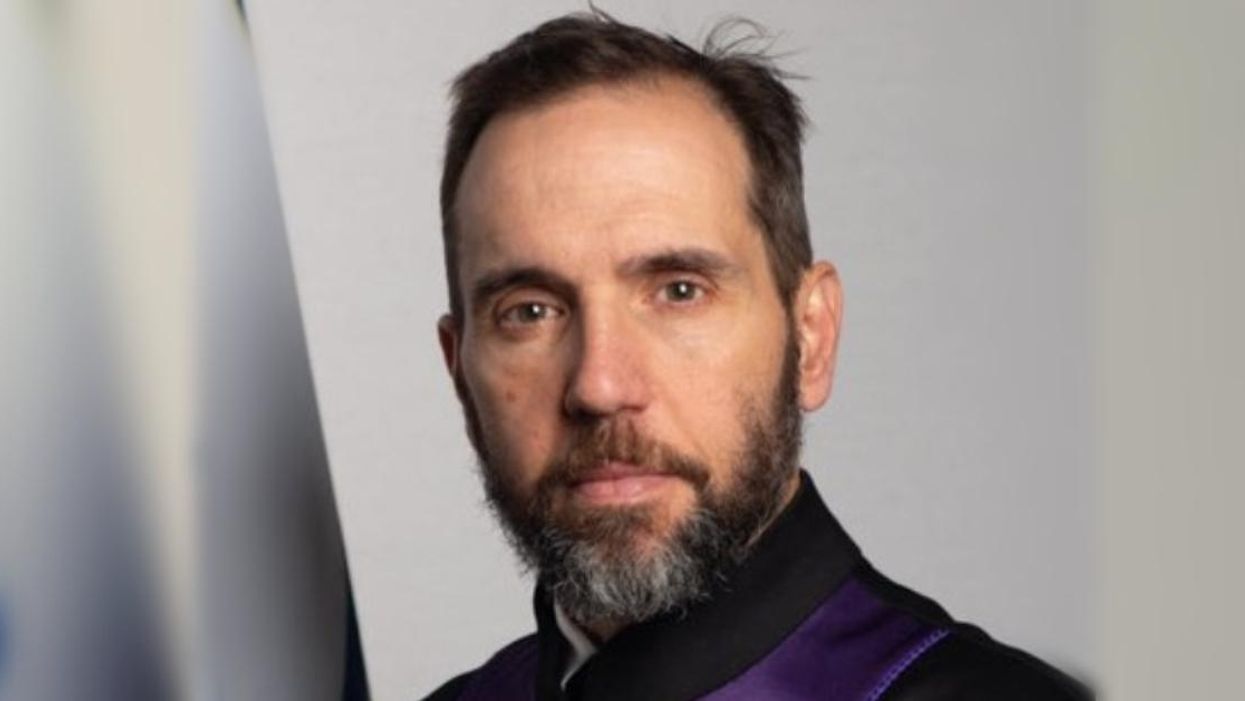
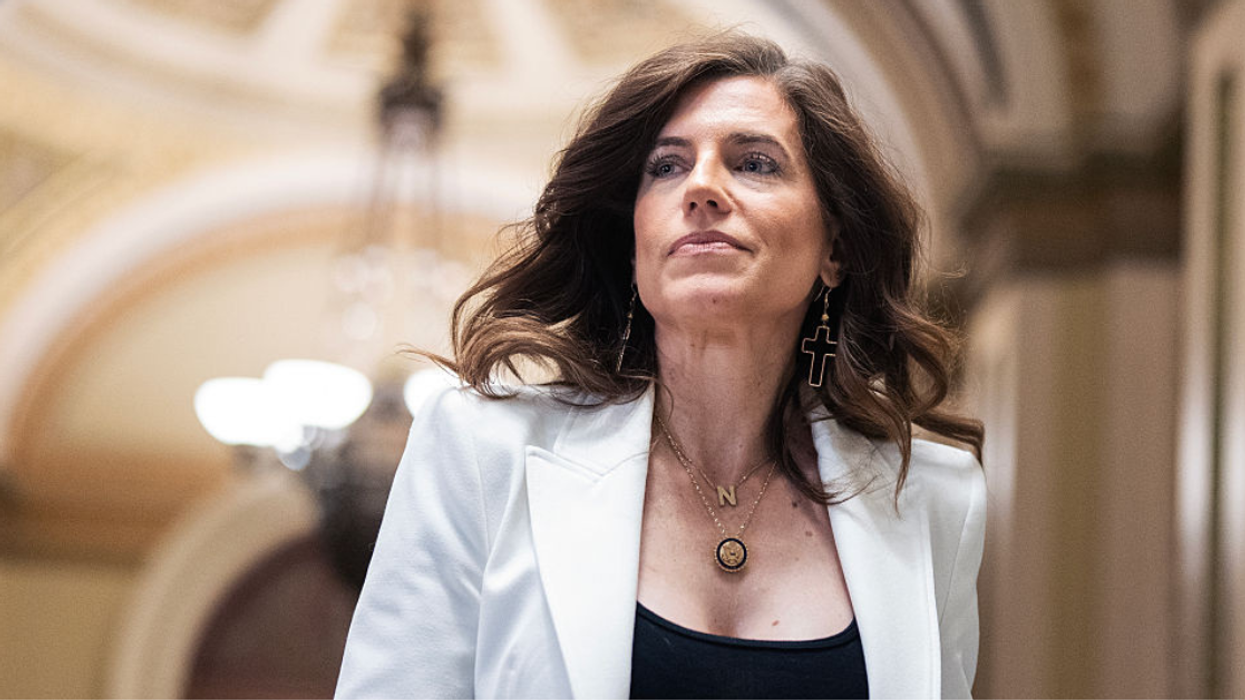

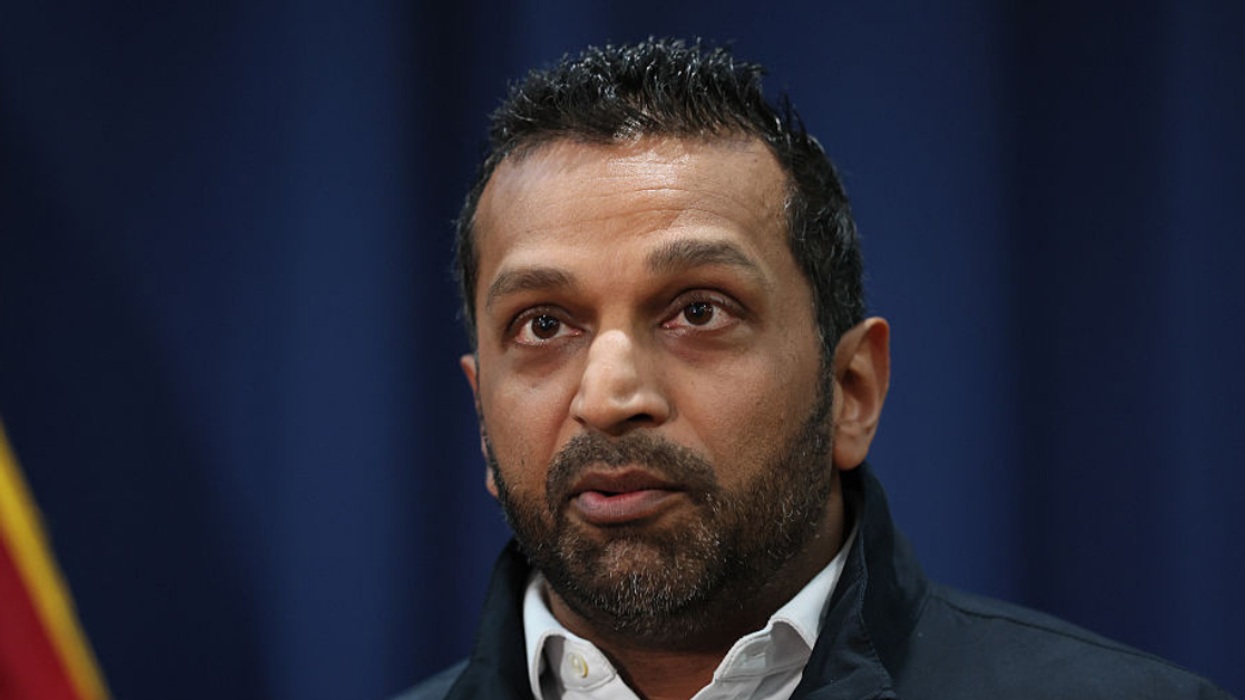

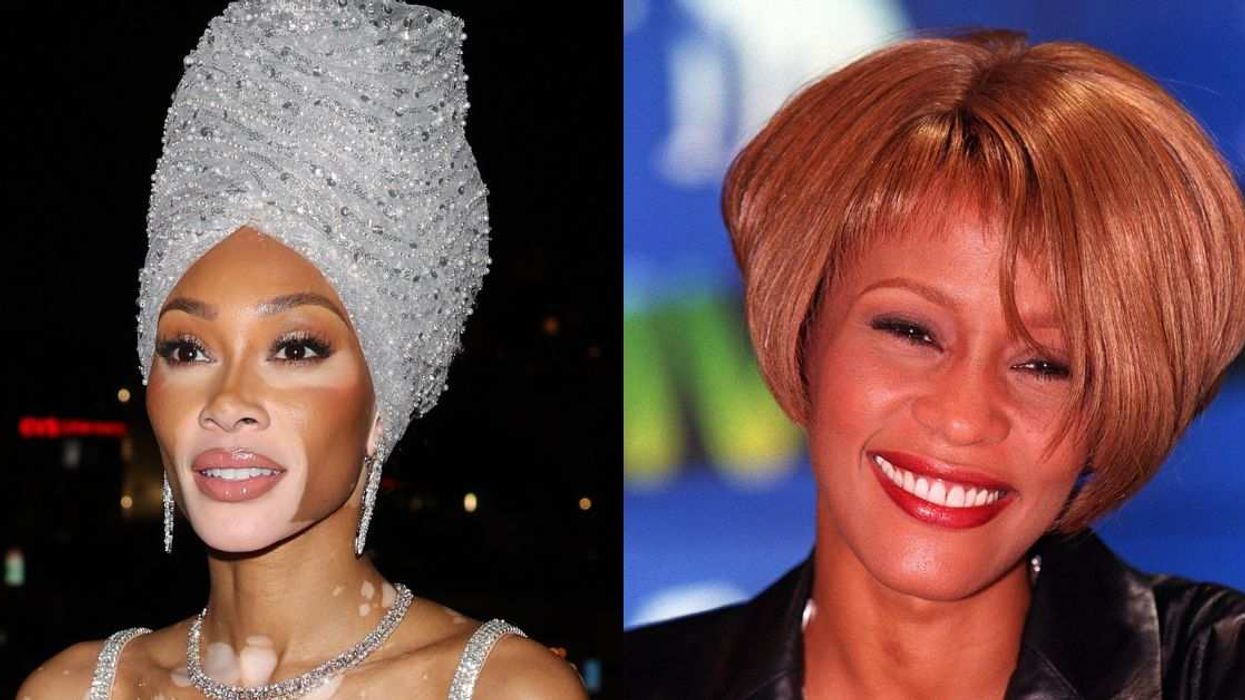



 @winnieharlow/Instagram
@winnieharlow/Instagram




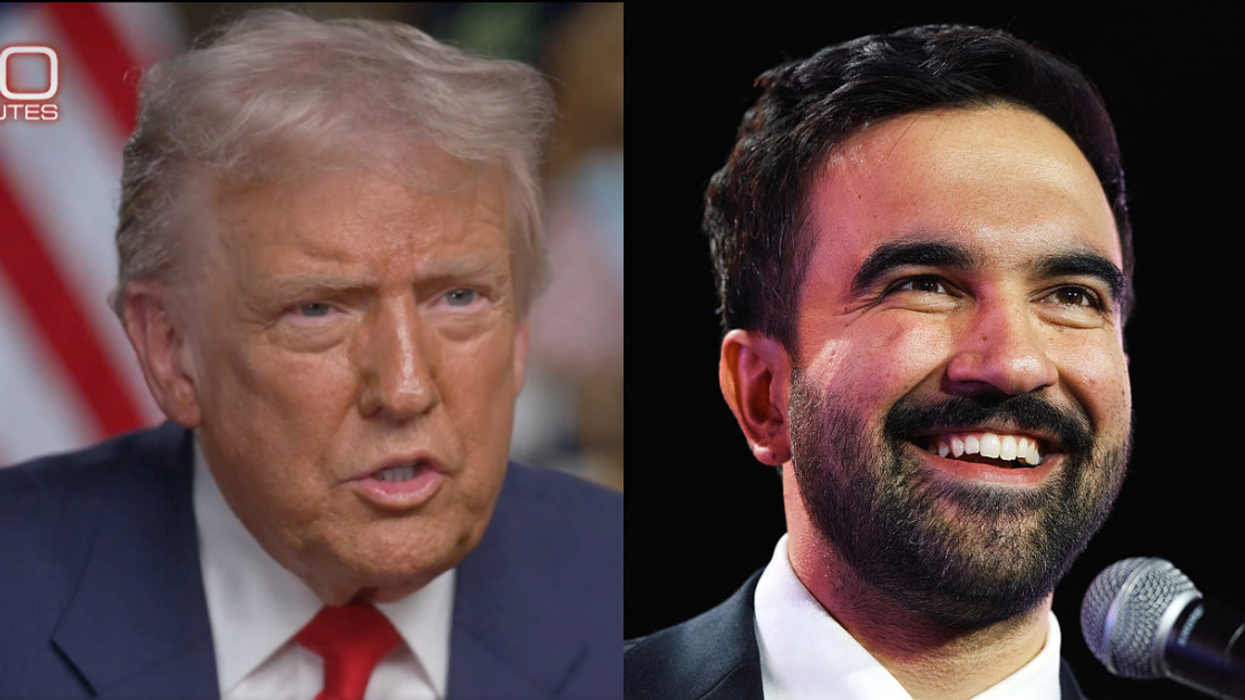
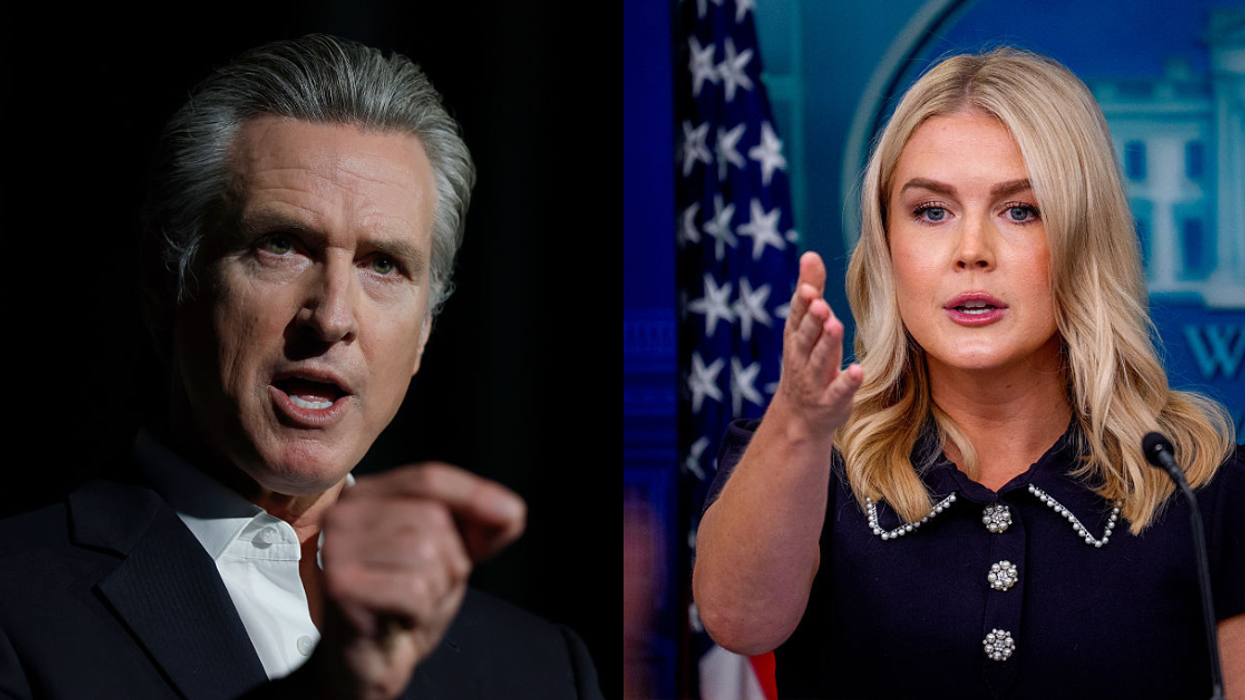
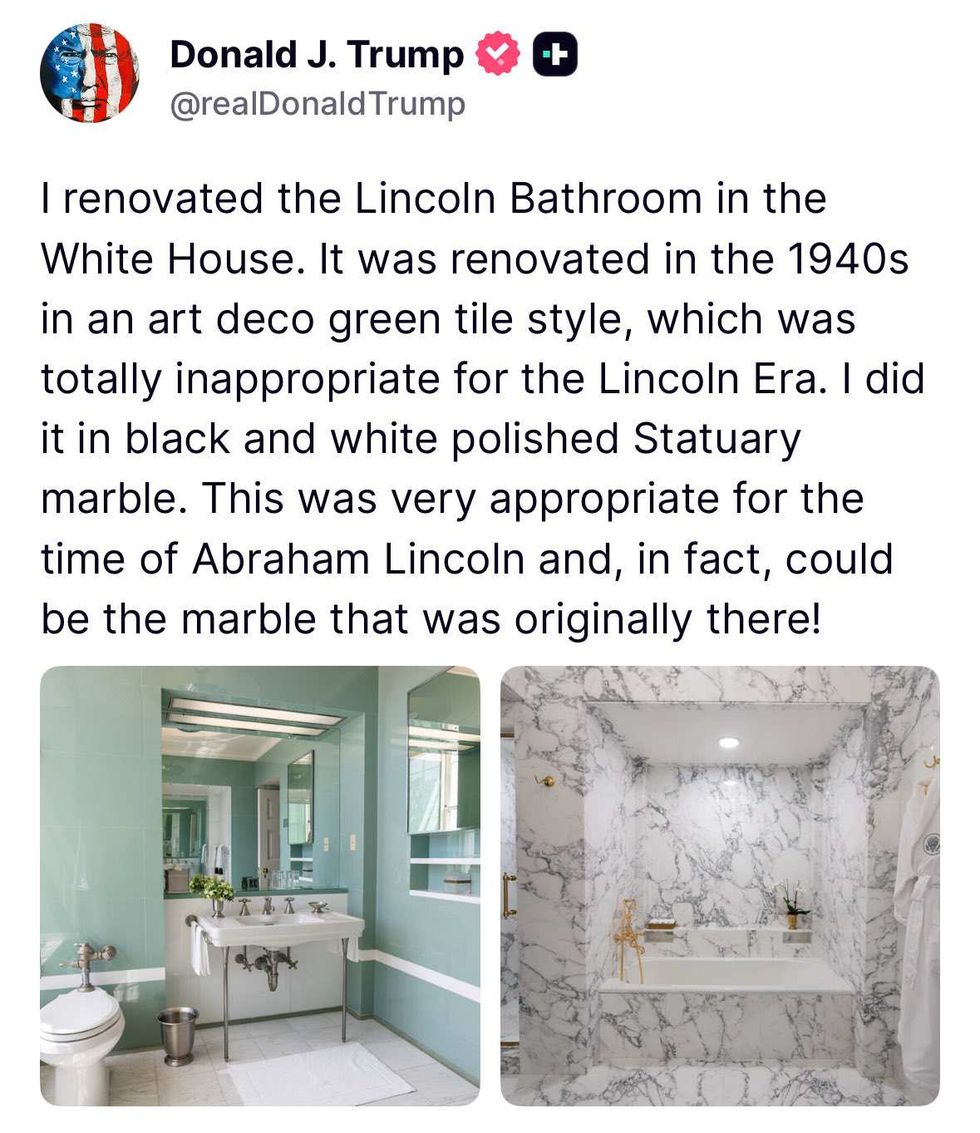 @realDonaldTrump/Truth Social
@realDonaldTrump/Truth Social
